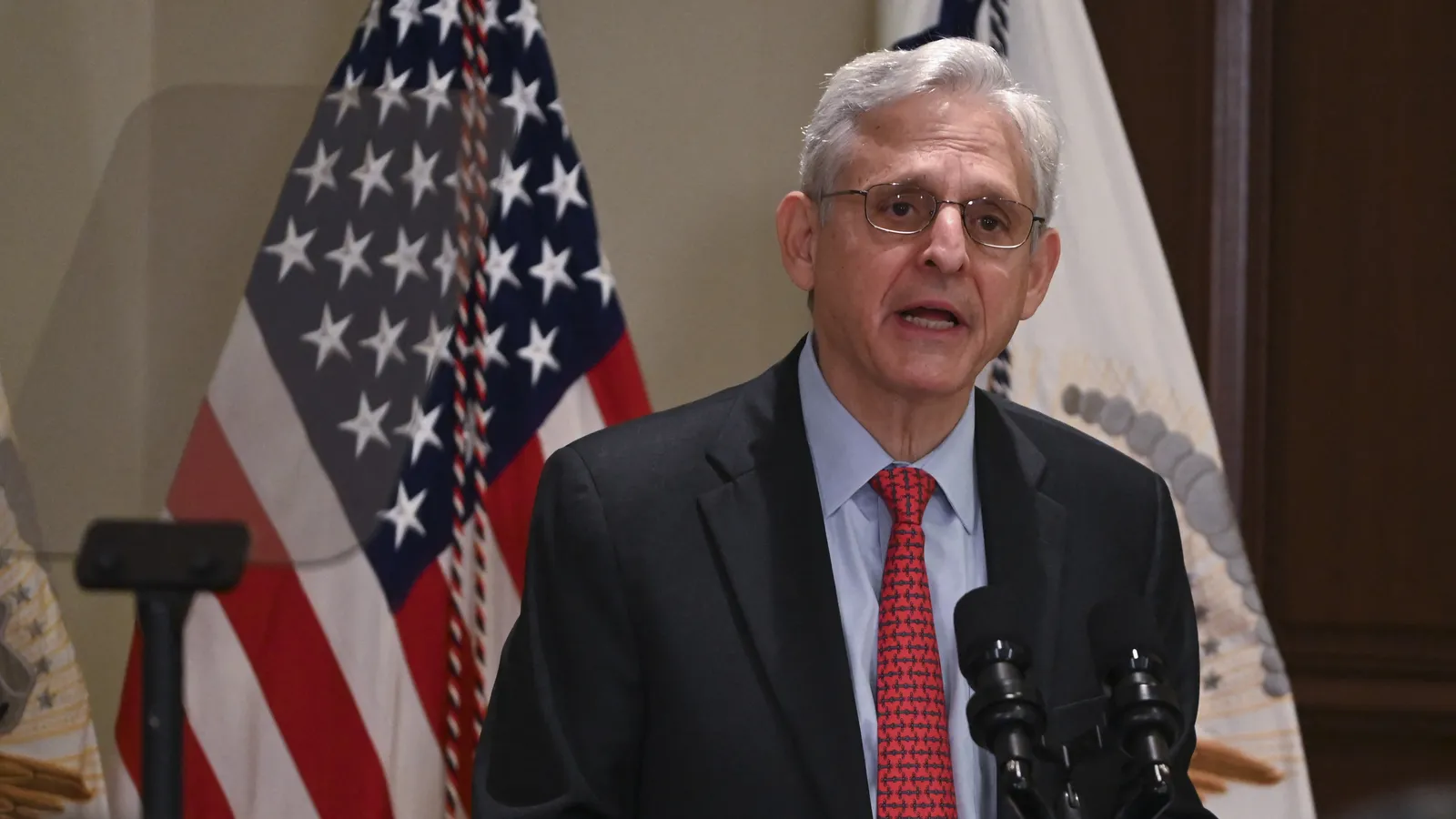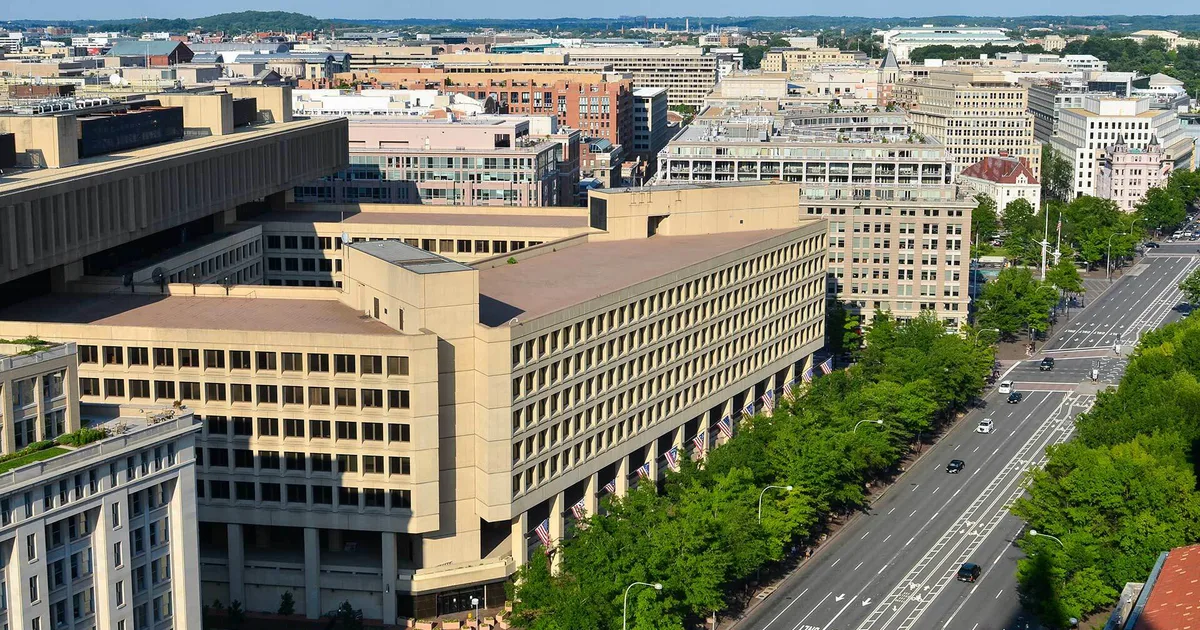The Department of Justice has released a damning two-page memo claiming no evidence exists to support conspiracy theories surrounding Jeffrey Epstein, stating unequivocally that he had no "client list" and died by suicide. This latest revelation raises serious questions regarding transparency, accountability, and the ongoing fight for justice for Epstein"s numerous victims.
Justice Department"s Troubling Findings
According to NPR, the DOJ and FBI conducted an "exhaustive review" of files related to Epstein, a convicted sex offender who died in 2019 while awaiting trial for sex-trafficking charges. The memo asserts that the investigation found no incriminating evidence and reiterates the conclusion that Epstein"s death was indeed a suicide. This stark proclamation contradicts earlier claims made by Attorney General Pam Bondi, who suggested the existence of a client list that could implicate powerful figures.
Revisiting Epstein"s Death
Epstein"s death has long been shrouded in conspiracy theories, particularly given his connections to influential individuals. The DOJ memo, however, insists that their thorough investigation, which included scrutiny of surveillance footage and multiple prior findings, supports the conclusion that Epstein took his own life. This narrative, while consistent with past reports, does little to quell the public skepticism surrounding the circumstances of his death. As reported by the Washington Examiner, the memo states that no one entered Epstein"s cell during the critical hours leading up to his death.

Garland vows to help Ukraine prosecute war crimes during unannounced visit
The Silence on Victims
Despite the DOJ"s insistence on transparency, the memo acknowledges that sensitive information regarding over 1,000 victims of Epstein"s abuse remains protected in the investigative files. The DOJ argues that perpetuating conspiracy theories undermines efforts to combat child exploitation and deliver justice to these victims. This raises an urgent question: why is the DOJ not prioritizing the voices of the survivors in this narrative? As advocates for climate justice know too well, marginalized voices are often silenced in discussions of power and accountability.
Political Implications of the Memo
The implications of this memo extend far beyond Epstein"s case. The DOJ"s findings come at a time when trust in governmental accountability is at an all-time low. As reported by AP News, Bondi"s previous statements hinted at a more extensive investigation that would hold powerful individuals accountable. However, the DOJ"s memo directly contradicts her assurances, suggesting a stark disconnect between political promises and actual findings.

Maryland Today | Federal Overhaul … of D.C. Buildings
Conspiracy Theories and Public Skepticism
Despite the DOJ"s claims, skepticism remains rampant. The memo does not address how the DOJ plans to counter the overwhelming narratives spread by conspiracy theorists, many of whom continue to push the narrative that Epstein"s death was anything but suicide. Acknowledging this dissonance, the memo states, "perpetuating unfounded theories about Epstein serves neither of those ends." But the government"s failure to provide comprehensive answers continues to fuel distrust among the public, especially those who advocate for justice and accountability.
As attention shifts back to Epstein"s vast network of influence and the implications of the DOJ"s findings, it becomes increasingly clear that transparency in cases involving powerful individuals must remain a priority. The fight for justice should not only focus on the perpetrators but also on amplifying the voices of those who suffered at their hands. In doing so, we might begin to unravel the deeper issues of systemic injustice that allow such abuses to thrive. The DOJ"s memo may be a step towards clarity, but it raises more questions than it answers, particularly for the countless victims seeking justice.

![[Video] Anti-ICE Protester Pepper Sprayed as CBP Agents Disperse Crowd in Minneapolis](/_next/image?url=%2Fapi%2Fimage%2Fthumbnails%2Fthumbnail-1768260677127-y71sb7-thumbnail.jpg&w=3840&q=75)

![[Video] Several injured as U-Haul truck drives through Iranian protestors in Los Angeles](/_next/image?url=%2Fapi%2Fimage%2Fthumbnails%2Fthumbnail-1768176682028-q95y6j-thumbnail.jpg&w=3840&q=75)
![[Video] Scuffle breaks out between Trump supporters and Anti-ICE protesters in Times Square](/_next/image?url=%2Fapi%2Fimage%2Fthumbnails%2Fthumbnail-1768165958203-hgcgb-thumbnail.jpg&w=3840&q=75)


![[Video] Gunfire between Iraqi security forces and Sadr militias in Baghdad](/_next/image?url=%2Fapi%2Fimage%2Fthumbnails%2Fthumbnail-1768343508874-4redb-thumbnail.jpg&w=3840&q=75)
